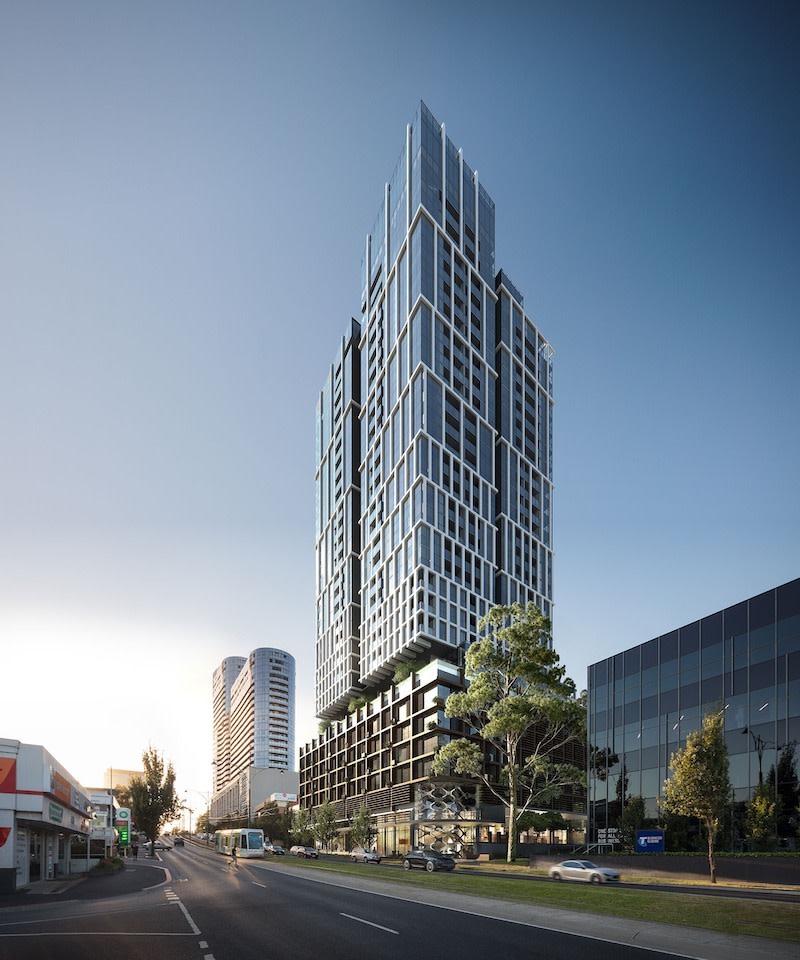Construction Industry Collapses Almost Double

The latest numbers paint a grim picture of Australia’s construction industry and possibly of what is yet to come as economic conditions worsen.
Liquidations, receiverships and administrations across the embattled sector are almost double the number of industry casualties for the same period last year.
According to the latest data from the Australian Securities and Investments Commission, so far a staggering 1236 construction-related companies have fallen over this financial year.
This compares to 657 for the same seven-and-a-half month period to mid-February in 2021-22. And, disquietingly, it is only 48 shy of the previous full-year tally of 1284.
Escalating construction costs, delays due to record rainfall, increased lending costs from rising interest rates and a crippling shortage of labour have continued to take a long and painful toll on the sector.
In the six months to the end of December, more than 1000 liquidations, receiverships and administrations in the construction industry had already been logged with ASIC.
And if its insolvency statistics—coupled with the backdrop of rising inflation and a looming economic dowturn—are any indication, the outlook for the industry during the coming months is potentially dire.
Among the latest to buckle under the prevailing pressures and be added to the rapidly growing ranks of companies to be placed in liquidation is Melbourne-based developer Andrew Yu’s Longriver Group.
Late last year, the group offloaded seven high-profile, freehold sites in the East End corner of Melbourne’s CBD in a deal worth more than $50 million. The properties spanning 1137sq m at 157-173 Lonsdale Street with frontages also to Russell Street were acquired by another Melbourne developer, V-Leader.
In November, administrators were appointed to a $155-million hotel development nearby at 130 Russell Street after Longriver defaulted on payments to its builder and other service providers.
The group of companies was involved in developments across the residential, hospitality, commercial and retail sectors. They included Australia’s tallest prefabricated building, the 44-level Rothelowman-designed La Trobe Tower at 323 La Trobe Street, as well as the 275-apartment East Central Tower at 820 Whitehorse Road in Box Hill.
Australian Constructors Association chief executive Jon Davies said the latest ASIC data highlighting the sheer number of construction-related companies hitting the wall was no surprise in the current circumstances.
“We continue to see the impacts of very significant material price escalation play out,” he said.
“And while there has been some adjustment in terms of clients’ attitudes and putting suitable provisions in contracts so that the risk isn’t borne by the contractor, what we haven’t seen is any substantial acknowledgement that clients need to deal with that risk for contracts that are already on foot.
“Whether contractors signed up and accepted that risk 18 months ago, two years ago or three years ago ... clients need to realise they can't contract out of risk.
“If a contractor falls over, the clients are the ones left picking up the pieces, trying to find another contractor to finish the job at greatly increased rates. In the meantime, the project is significantly delayed and ultimately the overall impact is far greater than the cost of compensating the contractor for the risk.
“So really, what there needs to be—and it really is an urgent need—is for clients to acknowledge this issue and work with their contractors to find a solution to that.”

Davies said construction companies now accounted for up 26 per cent of insolvencies in Australia but made up only 17 per cent of the country's businesses and generated between 7 per cent and 8 per cent of its GDP.
“So the construction industry is well over-represented in terms of insolvencies compared to the size of the industry, which just points to the fact that there is something seriously wrong,” he said.
“Things need to change. They just can’t keep going on the way they’re going. It’s not delivering a great outcome for anyone.”
On Monday, the Victorian firm hired by the Royal Melbourne Golf Club to build its $10-million underground car park went into administration.
It is believed employees of the Fitzroy-based Koble Projects have been let go and the company has ceased to trade, leaving the club’s already troubled car park project in limbo.
Also this week, Sydney home builder Ajit Constructions was placed into liquidation and a notice of winding up order issued.
In September last year, the company—led by Amarjit Khakh and based at Riverstone in Sydney’s north-west—surrendered its building licence after numerous cases were lodged with the NSW Civil and Administrative Tribunal by customers, who raised concerns about their unfinished homes.
High-end Sydney housebuilder EQ Projects recently called in administrators amid an investigation into one of its buildings. The apartment developer reportedly collapsed owing between $40 million and $50 million to around 500 creditors.
Others construction firms that have recently gone under include Perth building company Hamlen Homes with $1.4 million reportedly owed to creditors, Melbourne-based Hallbury Homes with between $8 million and $12 million of outstanding debt and Brisbane builder Pantha Homes and LCD Pty Ltd.
Award-winning Victorian builder Delco Building Group also was placed into liquidation in February reportedly owing $780,000 to 50 creditors and had five uncompleted homes on the go when it collapsed.














